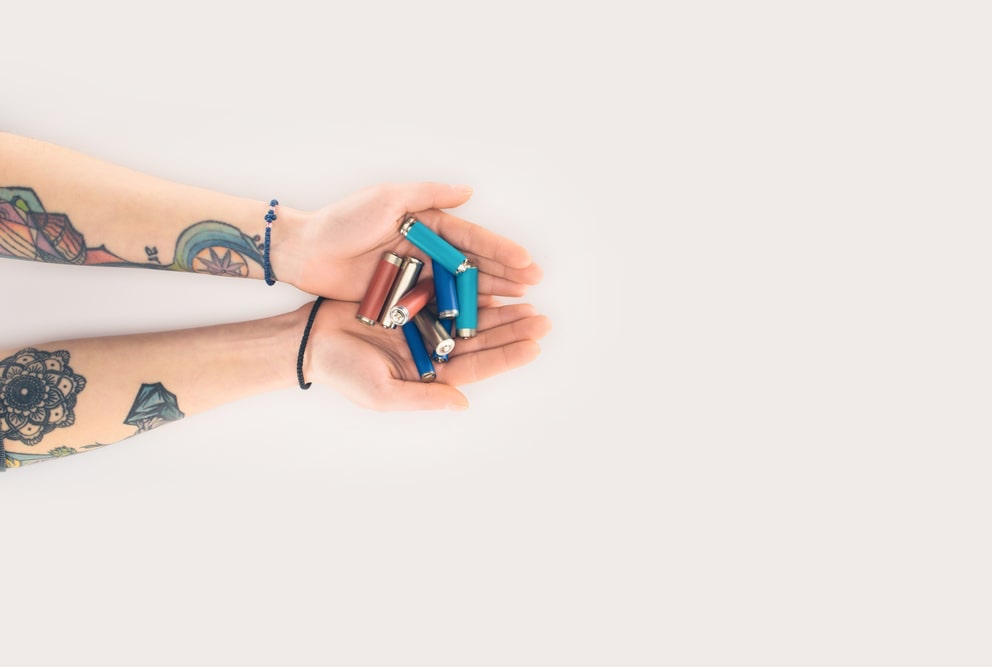Circular economy’ is one of the more popular buzzwords (or buzz phrases, perhaps) among the most stringent supporters of environmental responsibility. The concept is by no means bad. Indeed, a truly circular economy would offer benefits at nearly every level. But give-and-take is necessary to make it work.
A fundamental law of nature says that every action is met with an equal and opposite reaction. Along the same lines, any action a person or group might engage in produces consequences. Some of those consequences are good, some of them are bad.
With that in mind, it is curious that Greenpeace would go after the American Chemistry Council (ACC) and its efforts to help create a circular economy by coming up with new ways to recycle and reuse plastics. It would appear as though Greenpeace wants a circular economy without any give-and-take. They will not get it.
-
Turning Plastics into Fuel
The disagreement between Greenpeace and the ACC seems to center around turning recycled plastics into fuel. Greenpeace wants no part of that. On the other hand, the ACC sees it as a practical and viable way to help contribute to the circular economy through plastics recycling.
For the record, the circular economy concept is based on two principles: eliminating as much waste as possible and continually reusing resources whenever possible. What does this look like in the real world? Consider USB rechargeable batteries.
Pale Blue Earth, a Salt Lake City company that sells such batteries, says that certain components of a lithium ion cell can be recovered and reused. Lithium is one such component. If recycling can harvest all of the lithium to be put back into the manufacture of new batteries, less raw lithium would have to be mined.
The ACC is proposing much the same thing with plastics recycling. They have developed dozens of scenarios by which plastics could be recycled and repurposed. Turning them into burnable fuel is just one of the many possibilities.
-
Burning Fuel a Nonstarter
Transforming plastic waste into burnable fuel satisfies the fundamental requirements of a circular economy. It eliminates waste and puts to use materials that would otherwise be discarded. At the same time, it reduces the need to rely so much on natural resources to manufacture fuel.
Despite all this, fuel is a nonstarter for Greenpeace. They have accused the ACC of smoke and mirrors tricks designed to disguise the fact that they do not really want a circular economy. And unfortunately, this latest round of criticism continues an ongoing dispute between Greenpeace and the ACC.
For their part, the ACC believes that Greenpeace will not be satisfied with any plan. They are convinced their foes will settle for nothing less than the complete elimination of all plastics. Greenpeace denies such assertions.
-
The Give-And-Take Principle
What we have between the ACC and Greenpeace is a disagreement based in a lack of give-and-take. If you believe that a truly circular economy is possible – and even that is debatable – it will never be achieved in a single step. Like anything so massive, a circular economy will only become reality through a long series of incremental steps. That is the way these things work. Along the way, everyone has to give a little.
The ACC has to be willing to invest itself in coming up with better ways to recycle as well as plastics that are more easily repurposed. Greenpeace has to accept the fact that some of the uses for recycled material are not necessarily ideal. As long as a given set of proposals contributes to the circular economy concept, they need to be embraced.










Social Media